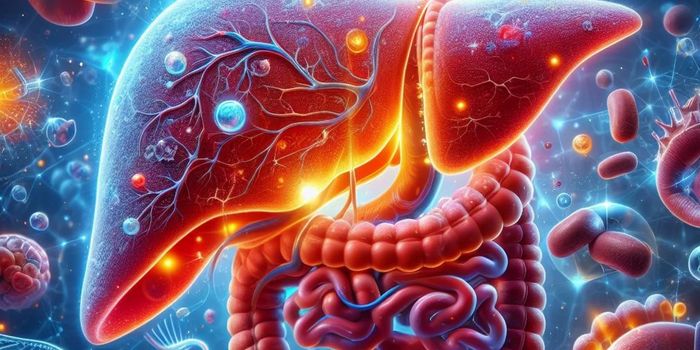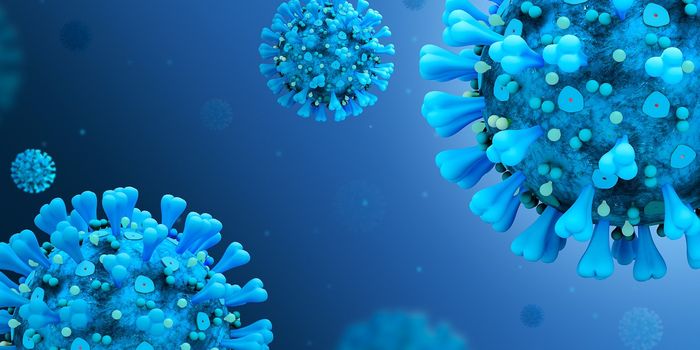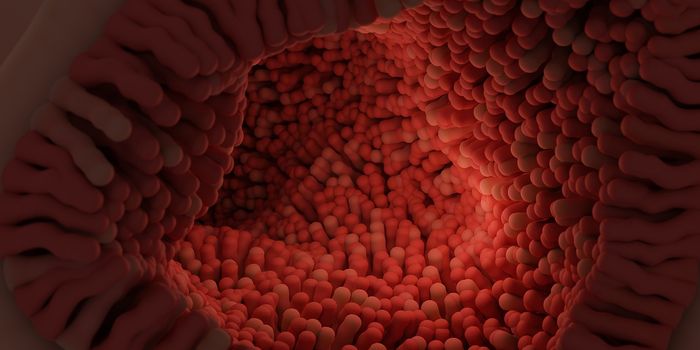Gene Unveiled as Missing Link in Antibody Development
Antibodies are a core part of the immune system's pathogen-fighting arsenal, defending the body against bacteria, viruses, and other disease-causing agents. Interestingly, despite antibodies' significant life-saving role, aspects of how the antibodies develop and mature have, until now, remained a black box to immunologists.
Recently, a team of Canadian researchers has discovered a gene called FAM72A that they show is a pivotal part of how the body produces high-quality antibodies, adding another missing piece to the complex immunological puzzle.
FAM72A works in concert with an enzyme called Activation-Induced Deaminase, or AID, to generate (good) mutations in antibody genes. These mutations are crucial to driving the antibody diversity and potency needed to fight off a range of infectious disease agents.
Their findings were published in the journal Nature.
This new data has important implications not just in expanding our understanding of somatic hypermutation and class-switch recombination (two key processes in antibody development) but may also unlock novel strategies to treat cancer. Breast, ovarian, liver, and other cancers have been found to have exceedingly elevated levels of FAM72A activity.
"Our data show that high levels of FAM72A promote mutations in antibody genes, so increased levels of FAM72A could spur cancer development, progression or drug resistance by increasing mutagenesis," said Alberto Martin, the immunologist who led the groundbreaking study.
As part of their work, Martin and colleagues also generated a genetically-engineered mouse model where the animals were deficient in FAM72A. They confirmed their hypothesis, demonstrating that these animals had a compromised antibody response to infections.
"By disabling the DNA repair pathways that normally efficiently remove deoxyuracils from DNA, FAM72A enables AID to exert its full effects on antibody maturation," wrote the authors.









